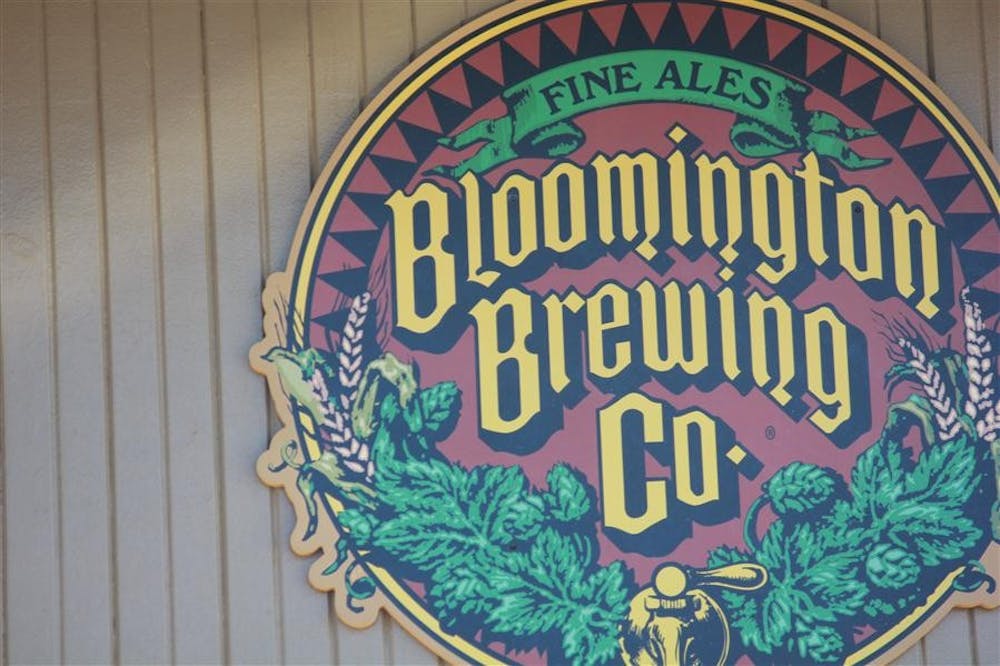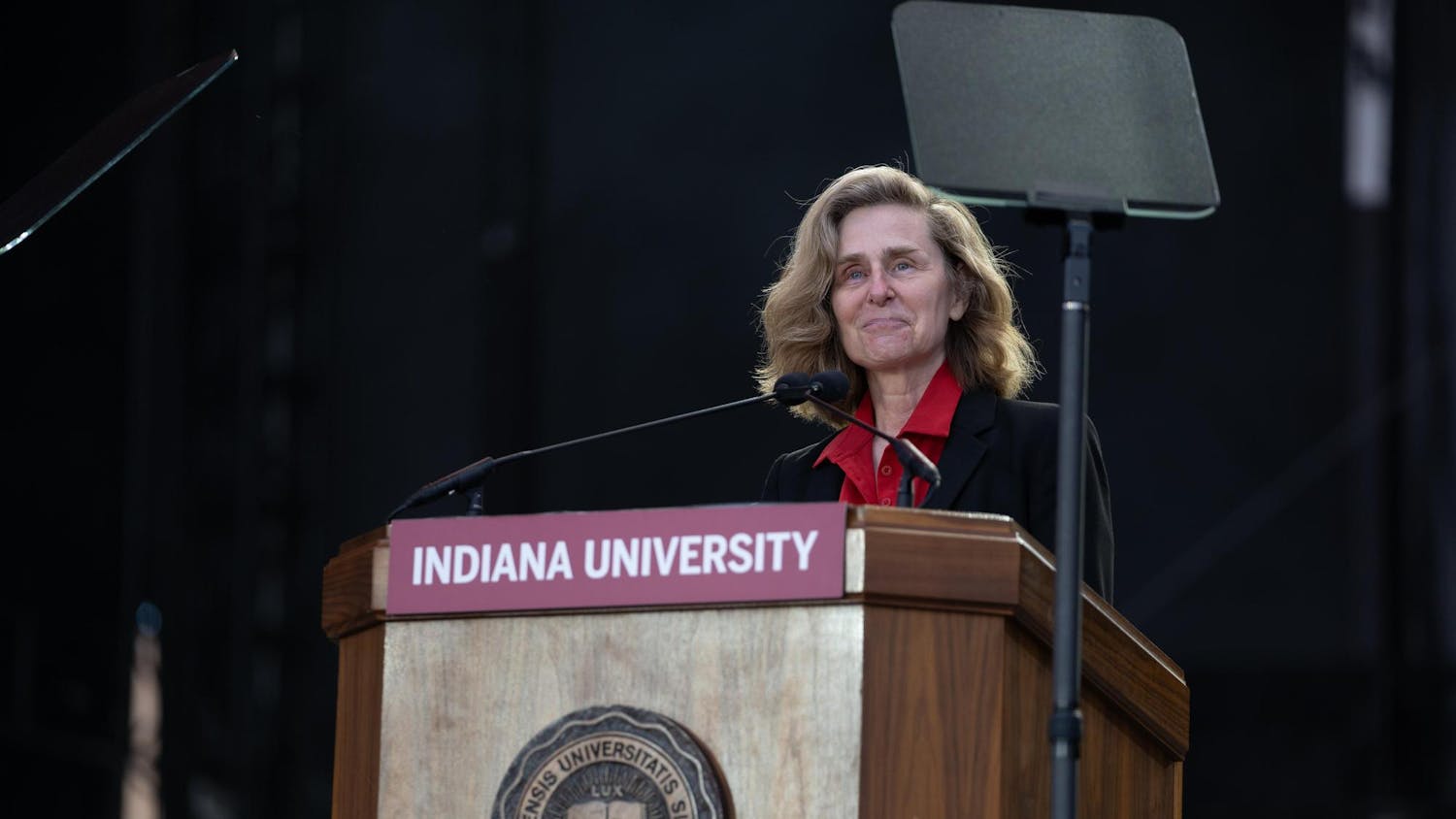For Floyd Rosenbaum, brewing the beers for Bloomington Brewing Company isn’t just a job, it’s his hobby.
In the late 1970s, Rosenbaum started brewing his own beers during the long, dark hours in Alaska. In 1996 he started part-time at a new brewing company founded on IU’s campus.
In 2000, Rosenbaum finally took over as head brewer of the BBC and has been tending to the beers ever since.
“My passion is to make fine beverages,” Rosenbaum said. “I like to make fine craft beers that people enjoy.”
When it opened, the BBC featured only four different brews. Now, after the opening of a second brewery and expanded distribution, locals can find favorites such as the Belgian Blonde, the Vision Weiss, the Ruby Bloom, the Quarrymen Pale Ale and many, many more at establishments throughout town.
Lennie’s, where the BBC is located, has 14 different BBC brews on tap at any given time.
Each season, Rosenbaum is constantly crafting new brews such as the Homegrown Ale, in which all of the hops come directly from Loesch Farm on the west side of town.
Rosenbaum also takes pride in his bourbon-soaked barrel brews, which he hopes to have a keg of on tap by early November.
Rosenbaum credits some of the extent of the BBC’s brew artillery to his ability to easily research new brewing tips.
“In the ’70s, you had to travel to find someone who could make a specific beer,” he said. “With technology today, I can do research about beers all over the world. Most of my experience comes from years not only as a home brewer, but as a researcher.”
He carefully tends the brewing process. Samples are taken daily and temperature is always monitored. Nothing is added to BBC beers other than water, grain, yeast and hops. It is the type of grain, amount of hops and temperature at which the beer is brewed that result in the diverse array of brews the BBC now boasts.
But the BBC doesn’t just make beers that taste good. Waste from the brewing process goes back to the One World Enterprises farm to make compost and feed animals.
Because BBC doesn’t let the refuse from the brewing process go to waste, fans can feel good about the beers they’re drinking as well.
“What we do defines us,” Lennie’s General Manager Michael Fox said. “The way we do business is unique and special. And we make great beer.”
Fox also said it’s an exciting time for the BBC. It was the first brew-pub in southern Indiana, but it’s just now beginning to expand beyond Bloomington and is introducing its first retail bottle in October.
This means more people will have a chance to experience what BBC so proudly produces from the farm, to the tap, to the glass.
Behind the beer

Get stories like this in your inbox
Subscribe





